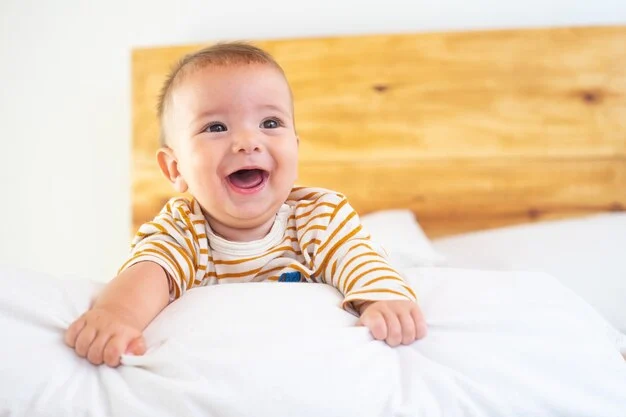I’ve always had my fair share of quirky habits that have stirred up some serious anxiety. As a child, I was known to rewrite my assignments until my handwriting was absolutely flawless. I would dwell on the most trivial matters, and mealtime felt like an endurance test, as even the slightest chewing noise could send my stress levels skyrocketing. At 19, I finally learned that this was all linked to obsessive-compulsive disorder (OCD).
Since my diagnosis, I’ve experimented with various therapies, some more effective than others. A consistent regimen of anti-anxiety medication has been beneficial, and after three decades, I’ve become adept at recognizing my triggers.
What’s often amusing (or perhaps frustrating) is the common misconceptions surrounding OCD. How many times have you casually said, “I’m so OCD,” when referring to being particular about something? That’s not what OCD is. It doesn’t simply mean being a neat freak or acting like Monica Geller on steroids. It’s often portrayed comically in films and TV shows, making it seem “cute” and trivial. But the reality is far from that.
For me, everyday occurrences that wouldn’t faze the average person can spiral into overwhelming anxiety. The stakes feel catastrophically high if I don’t intervene. The impact can range from mildly disruptive to completely debilitating, depending on the individual.
The game changed dramatically when I became a parent. As my children grew, I found myself obsessing over typical kid behaviors: messy hair in the morning, talking with food in their mouths, slurping chocolate milk, and papers crammed chaotically into their binders.
Despite my best efforts to separate my issues from theirs, I often struggle. I catch myself repeating, “chew with your mouth closed” more than I’d like at the dinner table. Each time I do, I hear the nagging tone in my voice and wish I could stop, but my automatic response takes over. My singular focus becomes stopping the “thing” that’s bothering me.
Last fall, we visited Disney World, a place brimming with potential triggers: crowds, tight spaces, daily schedules, and my mind’s tendency to concoct dangerous scenarios. I’d like to think I managed it fairly well. However, during a particularly overwhelming Halloween event, I ended up skipping a carousel ride with my kids. That moment stung—I hated missing out, but my anxiety fixated solely on the mechanics of the ride, morphing it into “the Disney carousel is going to kill you.” Not so charming, is it?
Children naturally create messes and triggering situations, and through no fault of their own, I’ve had to work tirelessly to embody “chill mom.” This isn’t an easy feat, and I often stumble. Well-meaning folks tell me to “relax,” as if it’s a simple switch I can flip. Sure, relax—let the kids enjoy their popsicles and make a mess. Let them hop on the Carousel of Doom.
When I try to explain that my body is actively resisting relaxation, I often get blank stares. I understand it’s hard to grasp how a bit of sticky goo or a slurp of water could feel catastrophic. The more I try to rationalize it, the more irrational I appear.
My hope is that, despite my various quirks, my children know I think they are perfect just as they are. I want them to realize my nitpicks stem from my issues and not theirs. I wake up every day determined to ensure that my struggles don’t cast a shadow over their joyful childhoods.
One day, I hope they’ll look back fondly on their upbringing and remember that even though mommy was a bit high-strung at times, she let them experience the world, get messy, and navigate life as kids. My OCD doesn’t define me as a mother, and that’s what I strive for.
Resources for Support
For more insights and support on the journey of parenting, check out this blog, a great resource alongside this insemination kit for those exploring home insemination options. If you’re looking for statistics on infertility, visit the CDC for reliable information.
Summary
This article reflects on the challenges of parenting with obsessive-compulsive disorder (OCD). The author, Jenna, shares personal experiences of her struggles with anxiety, particularly how her OCD interacts with parenting. Despite the hurdles, she aims to foster a loving environment for her children, balancing her neuroses while allowing them to enjoy their childhood.
